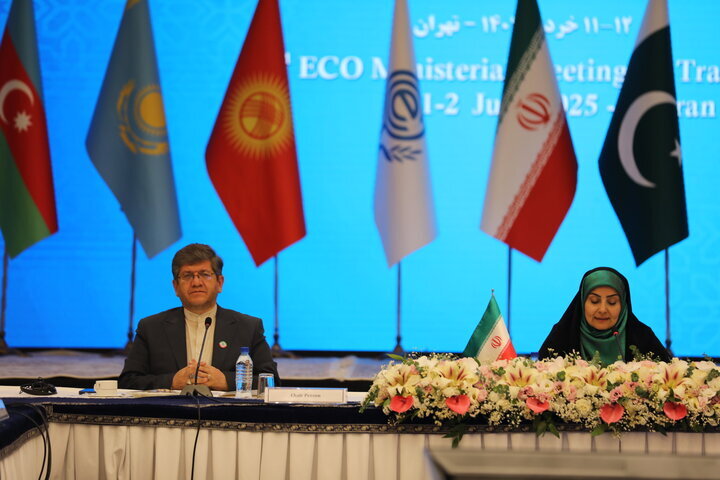
Similar Posts
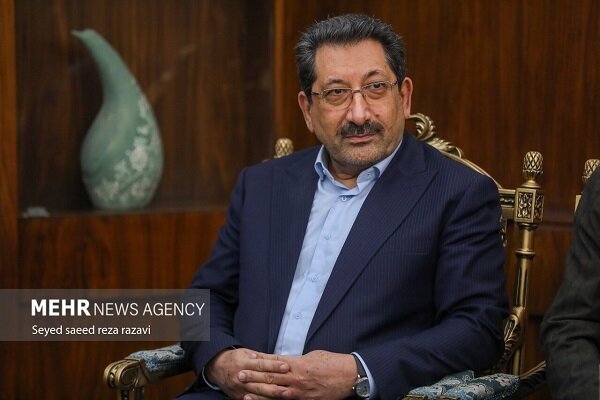
Iran Poised to Fulfill Tajikistan’s Industrial Demands, Says Minister
At the 7th Export Potential Exhibition “Iran Expo 2025,” Iranian officials highlighted the strengthening of ties with Tajikistan, focusing on expanding cooperation in steel, rebar, chemicals, and food industries. Iranian Minister of Industry, Mine and Trade, Atabak, reaffirmed Iran’s readiness to supply Tajikistan with steel and rebar and emphasized the importance of their bilateral relationship. Discussions also included the establishment of pharmaceutical factories and enhancing Tajikistan’s mining infrastructure through collaboration with Iran’s IMIDRO. These initiatives signify a proactive approach to mutual economic growth, promising enhanced stability and interdependence as both nations explore further opportunities for collaboration.
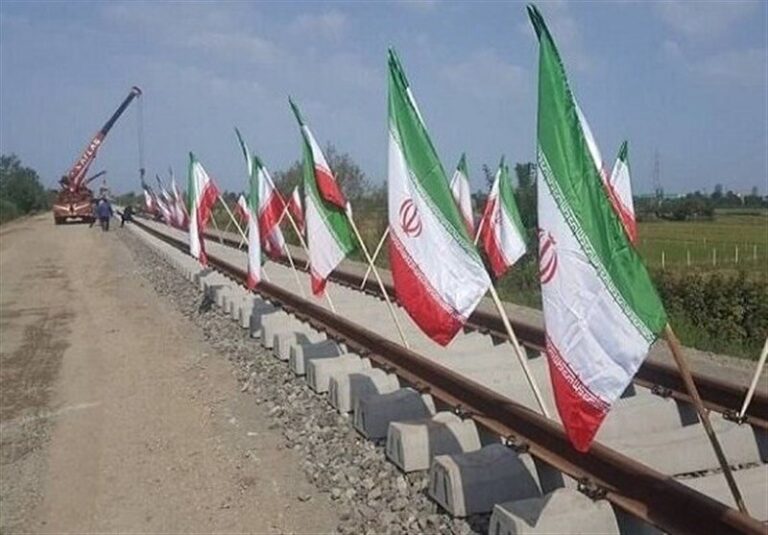
Connecting Nations: Iran and Iraq Railway Project Set for 2026 Completion
Mostafa Davoodi from Islamic Republic of Iran Railways emphasized the Shalamcheh-Basra railway project’s importance for enhancing transportation between Iran and Iraq. Set to be completed by 2026, this project aims to boost trade and connectivity, positioning Iran as a key transit hub in the Middle East. Despite challenges posed by rivals seeking to limit Iran’s access to transit routes, the railway is expected to foster economic growth and stronger regional ties. It reflects Iran’s ambitions to integrate into broader transit networks, meeting the increasing demand for efficient transportation solutions and paving the way for enhanced tourism and cultural exchange.
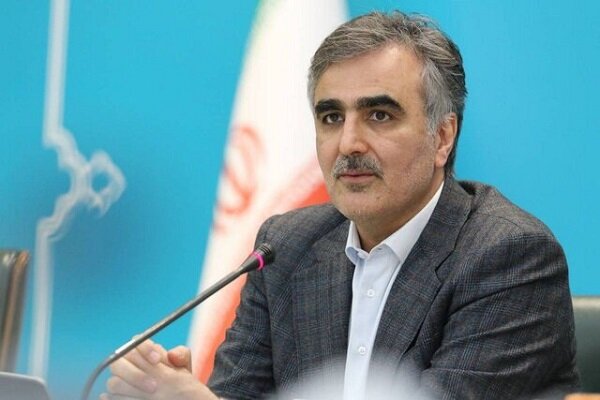
Iran’s Central Bank Governor Makes Key Visit to Oman: Strengthening Financial Ties
Recent diplomatic talks between Iran and Oman have initiated enhanced monetary and banking cooperation, vital for boosting economic relations and trade. Iranian Foreign Minister Farzin’s visit aims to develop banking interactions, strengthen international cooperation, and increase trade exchanges, which have surged by 41% over the past year. This collaboration promises improved investment opportunities, streamlined trade processes, and shared banking expertise. The discussions extend beyond banking to include trade, tourism, and infrastructure, fostering a more integrated economic landscape. As both nations commit to this partnership, they aim to promote regional stability and achieve long-term economic goals.
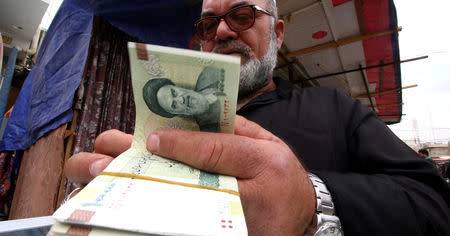
Iran’s Rial Plummets to Record Low as Minister Admits Currency Crisis
The Iranian currency, the rial, recently hit a record low of 780,250 rials per US dollar, following comments by Economy Minister Abdolnasser Hemmati about the nation’s economic troubles. He suggested the rial should ideally be valued at 73,000 rials under stable conditions, but geopolitical tensions, rising inflation at 30%, and uncertainties regarding US policies are contributing to its decline. Despite an official rate of 400,000 rials, market rates are significantly higher. Hemmati’s remarks prompted a rapid depreciation of the rial, leading to increased speculation among currency traders. Upcoming parliamentary discussions may address these economic challenges.
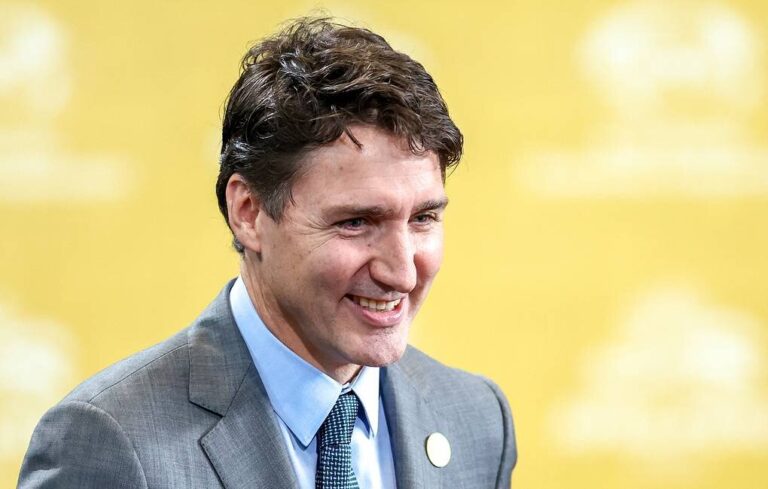
Trudeau Vows Strong Retaliation Against US Tariffs: Canada’s Bold Response
Prime Minister Justin Trudeau announced that Canada will impose retaliatory tariffs on $155 billion worth of American goods in response to recent U.S. trade actions. The initial phase includes 25% tariffs on approximately $30 billion worth of U.S. products starting Tuesday, with additional tariffs on $125 billion to follow in three weeks. Canada is also considering non-tariff measures targeting critical minerals and energy sectors. This move escalates tensions following U.S. President Trump’s executive order imposing duties on Canadian energy products. The tariffs are expected to disrupt supply chains and raise prices, affecting both nations’ economies and trade dynamics.
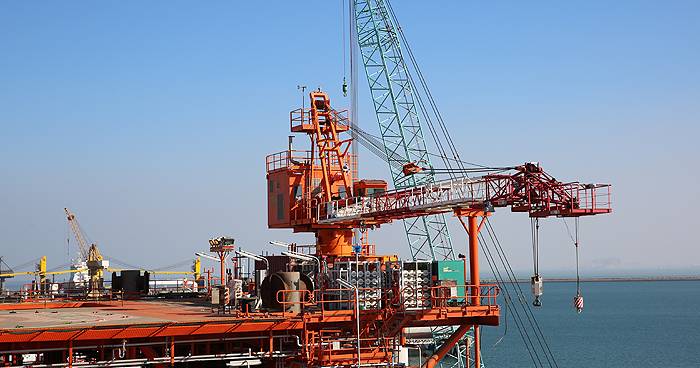
Iran Boosts Vital Gas Production by Partnering with Local Firms Amid Sanctions
Iran has signed a $17 billion contract with domestic firms to enhance gas production at the South Pars field, the world’s largest, in response to ongoing gas shortages. Despite having the second-largest natural gas reserves, Iran faces significant production declines due to inadequate infrastructure and a lack of foreign investment since the US withdrew from the JCPOA. The new contract involves pressure-boosting measures but experts warn that it may only slow production decline rather than halt it. Iran plans to build smaller platforms for gas extraction, but lacks experience in this area, raising concerns about future gas supply stability.